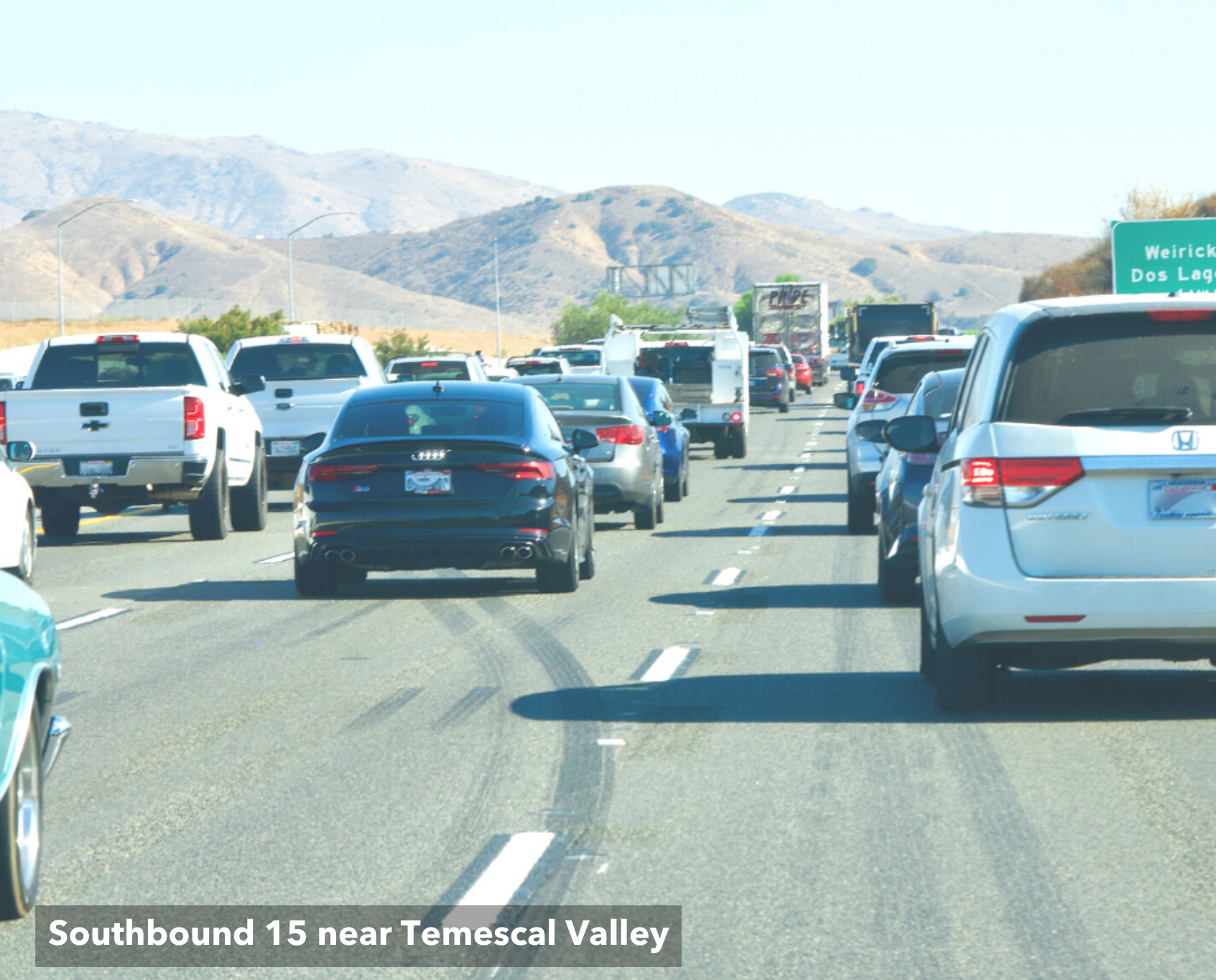The Point: RCTC Executive Director joined southern California transportation advocates to advance transportation policies to benefit Riverside County and the region.
Regular meetings with legislators and transportation policy decision-makers in Sacramento are critically important as the Legislature and Governor Gavin Newsom start discussions on formulating the 2022-23 state budget. With another budget surplus expected, RCTC and transportation advocacy groups like Mobility 21 are helping to bring awareness to the transportation needs in Riverside County and the region.
Mobility 21, a coalition that brings together public, business, and community stakeholders to pursue regional solutions to transportation challenges in southern California, hosted a day-long virtual meeting with state legislators to allow coalition members like RCTC to discuss crucial transportation issues, including:
- Funding for southern California to deliver much-needed transportation infrastructure projects,
- Resolving the supply chain crisis to allow greater efficiency of goods movements, and
- Supporting state and local collaboration so that policies consider the diversity of each region.
Representing RCTC, Executive Director Anne Mayer joined other public and private transportation leaders in a series of meetings, including with Senator Pat Bates (Orange County), Assemblymember Isaac Bryan (Los Angeles), Assemblymember Dr. Akilah Weber (San Diego), Assembly Majority Leader Eloise Gómez Reyes (San Bernardino), Assemblymember Richard Bloom (Los Angeles), and staff from Assemblymember Vince Fong (Kern County) office.

In a meeting with Assembly Speaker Anthony Rendon, Mayer led a discussion on the pending budget surplus and the significant benefits our communities and goods movement would receive if the state increased one-time investments in southern California’s transportation infrastructure. Mayer also facilitated a meeting with James Barba from Senate President Pro Tem Toni Atkins’s office to reinforce the importance of maintaining stable funding for local transportation programs.
Mayer and transportation advocates also met with California State Transportation Agency Acting Secretary Elissa Konove, Caltrans Director Toks Omishakin, and California Transportation Commission Chair Hilary Norton and Executive Director Mitch Weiss.
RCTC takes a comprehensive approach to state legislative advocacy by joining coalitions like Mobility 21 or independently working with the region’s state legislative delegation. Earlier this year, RCTC worked with Senator Rosilicie Ochoa Bogh, Chair of the Inland Empire Caucus (IEC), to seek support on a suite of projects that, if funded, would provide critical relief to the region’s transportation network. Recently, the IEC called on Governor Newsom, Senate President Pro Tem Toni Atkins, and Assembly Speaker Rendon in a January 6 letter to seek funding for projects totaling $2.2 billion, including $875 million for five projects in Riverside County. The Riverside County projects include:
- Coachella Valley-San Gorgonio Rail Corridor Service Project
- Interstate 10 Bypass
- Third Street Grade Separation Project
- 15 Express Lanes Project Southern Extension
- Riverside to Fullerton Junction Triple Track Completion
RCTC continues to seek funding and policy solutions for Riverside County to reduce traffic congestion while planning for next-generation projects that give residents meaningful alternatives to driving. On December 14, 2021, former RCTC Chair Jan Harnik, Mayor of Palm Desert, sent a letter to Governor Newsom seeking urgent transportation solutions for Riverside County.
To register your support for securing more funding for Inland Empire projects, please visit our support page.
RCTC implements Measure A, the voter-approved half-cent sales tax for transportation improvements in Riverside County, and has identified next-generation transportation improvements in RCTC’s 2020 Commission-adopted Traffic Relief Plan. Securing additional state funding frees up local funds for use on other projects, advancing mobility in the county.
